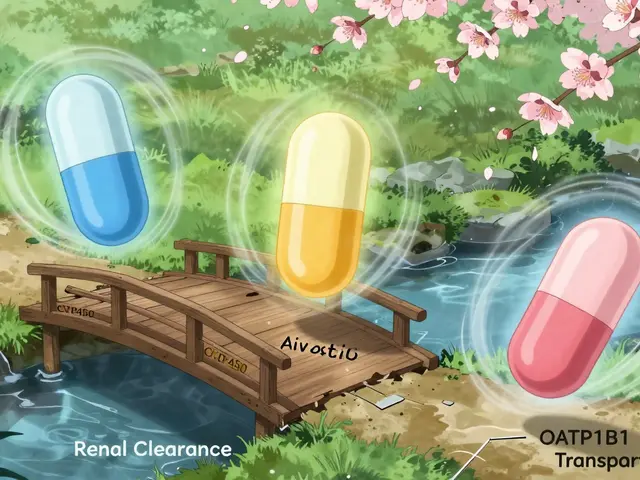Veterinary Help: How to Find Safe Care and Meds for Your Pets
If your dog is coughing or your cat refuses food, you need help fast—but the internet can feel like a maze. This guide cuts through the noise and shows you exactly where to look for trustworthy veterinary advice and how to buy pet meds without risking counterfeit products.
Where to Get Reliable Veterinary Advice Online
First off, not every website that claims to be a "vet" actually has a licensed professional behind it. Look for three things: a clear vet credential (e.g., DVM), a physical clinic address, and a live chat or video option with a real doctor. Services like Vetster, Ask.Vet, and Pawp let you book video appointments in minutes; they charge per visit but save the trip to the office.
When you sign up, have your pet’s medical history ready—vaccination dates, recent lab results, and any allergies. A concise summary helps the vet diagnose quickly and avoids back‑and‑forth messages that waste time.
If you need a second opinion, many state veterinary boards list licensed practitioners who offer remote consultations. Checking the board’s website guarantees you’re not talking to an unqualified person.
Buying Pet Medication Safely – Tips You Can Use Today
Online pharmacies are convenient, but they also host scams that sell expired or human‑only drugs for animals. To stay safe, follow this quick checklist:
- Verify the pharmacy’s license. Look for a Canadian or US pharmacy verification badge (e.g., CIPA, NABP). The badge should link to a public registry where you can see the pharmacist’s name.
- Check the prescription policy. Legit sites require a valid vet prescription before shipping controlled meds like heartworm pills or anti‑inflammatory tablets.
- Read customer reviews. Real user feedback on delivery speed, packaging, and product authenticity is gold. Beware of overly positive generic statements; they often indicate fake reviews.
- Compare prices wisely. If a deal looks too good to be true—especially for brand‑name drugs like Rimadyl or Metacam—walk away. Low price can mean counterfeit.
For common ailments, many vets recommend over‑the‑counter supplements such as glucosamine for joint health. These are usually safe to buy from reputable pet stores (Chewy, Petco) but still read the label for animal‑specific dosing.
Finally, keep a digital copy of every prescription and receipt. If something feels off—unexpected side effects or unusual packaging—contact your vet immediately and consider reporting the pharmacy to the FDA’s MedWatch program.
By using verified online vets and following a simple safety checklist for meds, you’ll protect your furry friend while saving time and money. Got more questions? Drop a comment below or schedule a quick video call with a licensed vet today.
Understanding and Managing Vomiting in Pets: Causes, Treatment, and When to See a Vet
Vomiting in pets can be a common occurrence but it's important to understand the underlying causes, possible treatments, and when it's critical to visit the vet. Learn how to recognize the signs, offer effective treatments at home, and know exactly when to seek professional help to ensure your pet's well-being.






